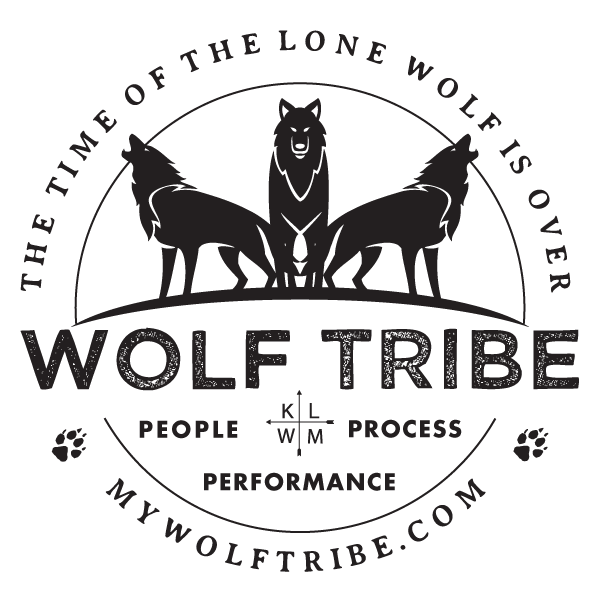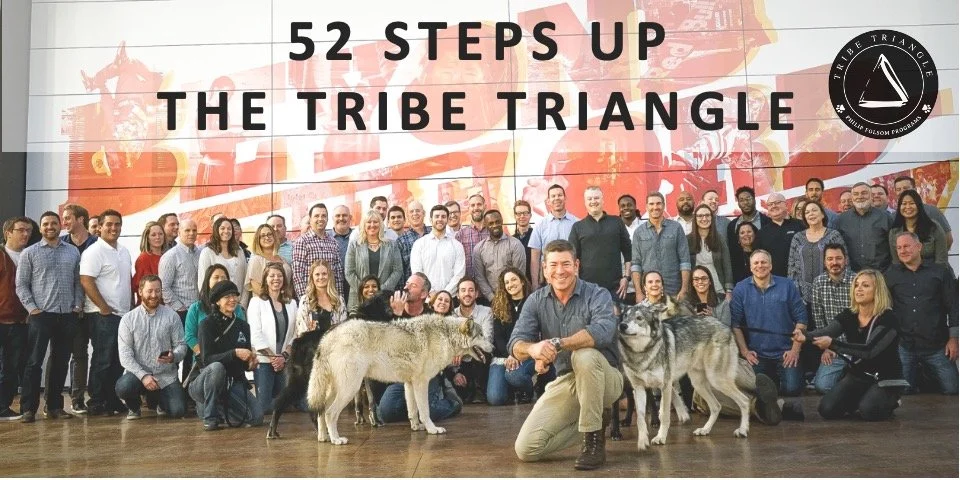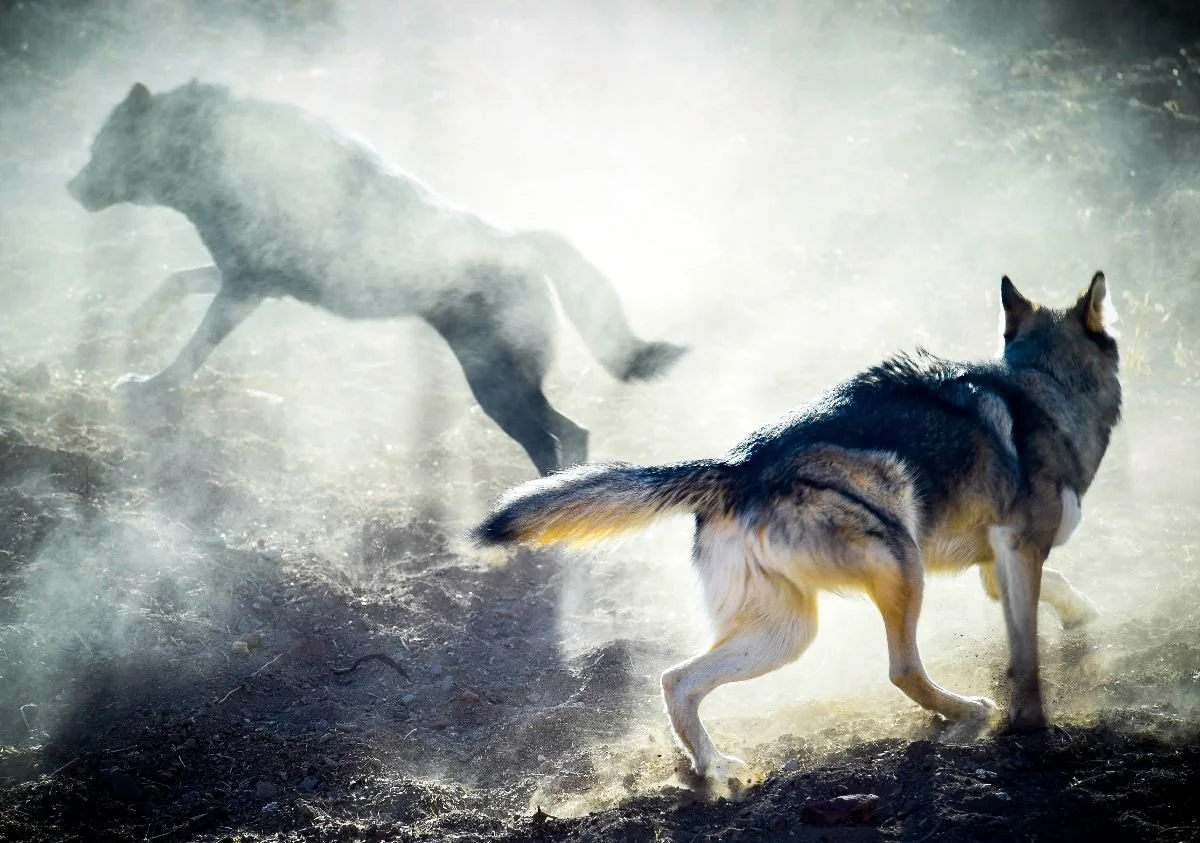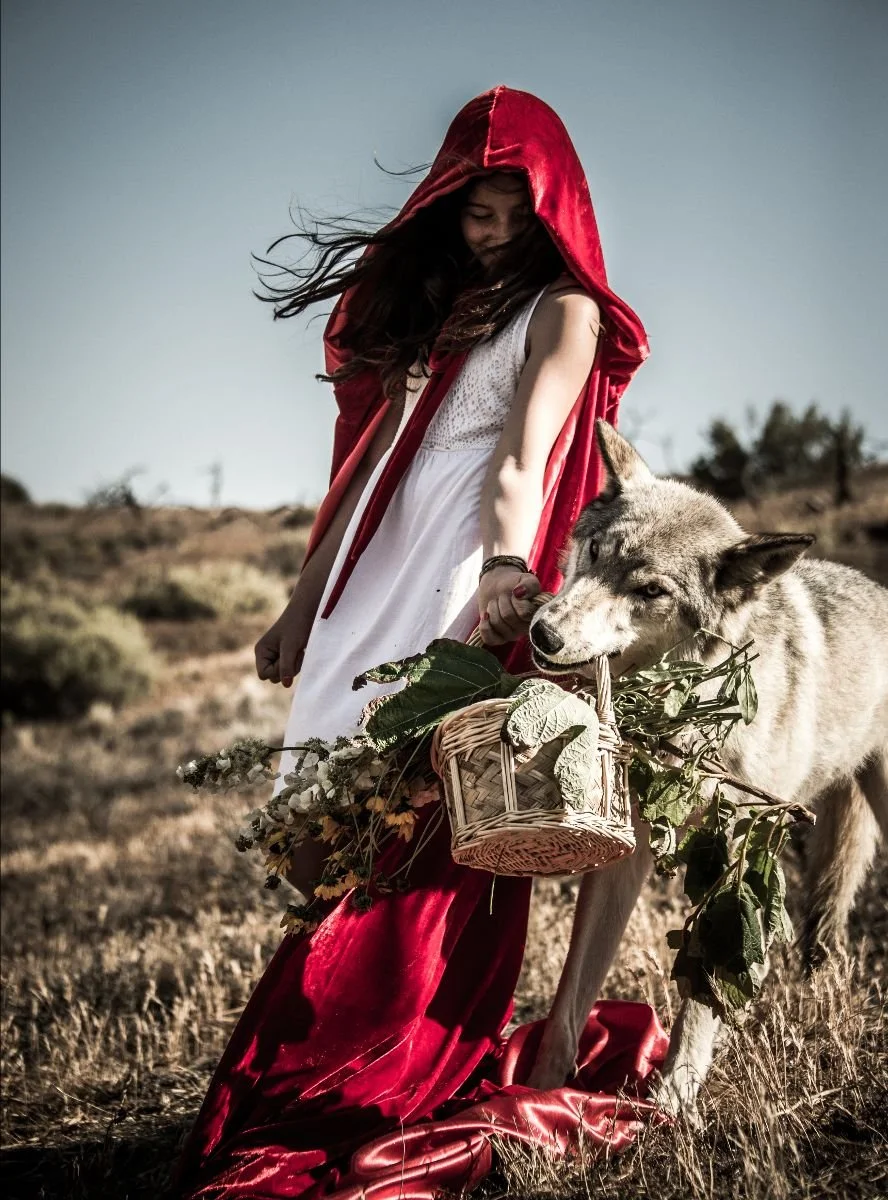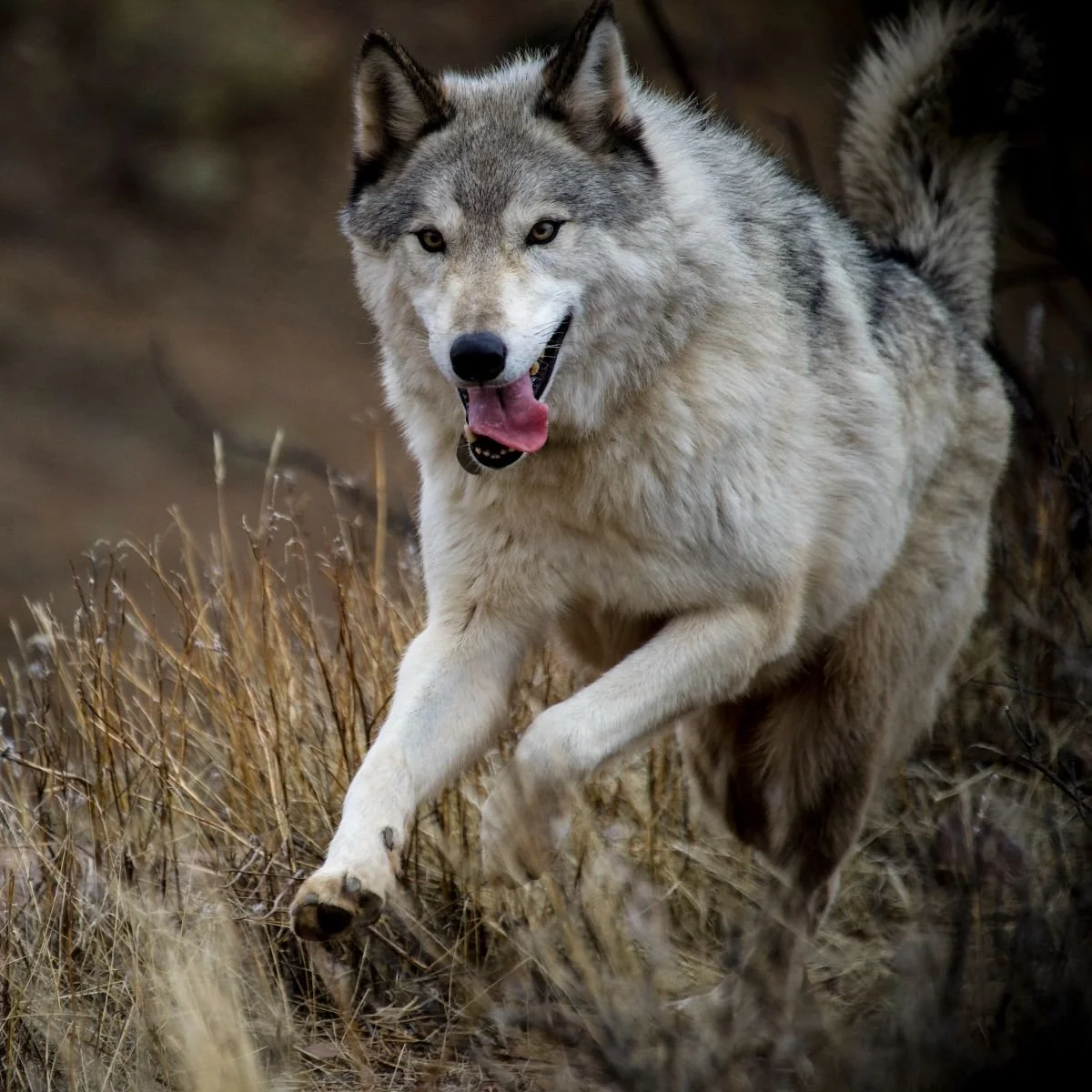Step 30 Up the Tribe Triangle: Moving From Hunting to Killing
“You can starve to death reading cookbooks.”
A signature of the Healthy Conflict phase is the ability to move from intention to action. It is decisively entering the challenging arena of measurable success. There are great risks here but also great rewards and making that journey requires an understanding of the things that will stop you and your team as well as how you will benefit.
“The cave you fear to enter contains the treasure you seek.”
-Joseph Campbell
The transition from intention to action will show up in every aspect of your culture including your people, your processes and your projects. An example of this evolution is in step 29 where we explored Innovation which is applied creativity. This is a vital distinction because people and teams do not become successful by creatively playing with new ideas. People and teams become successful by implementing new ideas. This involves commitment and often, failure.
The progression from the perceived safety of uncommitted creativity to the perceived risk of innovation can only be made successfully at the Healthy Conflict stage in your culture creation. We need the foundation of shared alignment and the support of kinship to make innovation sustainable.
Both hunting and reading cookbooks are examples of creativity and exploring your options. This is an indispensable component to your tribe’s toolbox. The mindset of creativity involves hunting as many available options as possible and cross referencing them with what is best and what is possible with the ingredients you have.
When hunting or reading cookbooks we want to open the aperture of our eyes and mind to bring in as many choices as possible. This is the process of concentration which is additive. It means gathering things together. This is another form of creativity.
The opposite of concentration is focus. Instead of being additive, like concentration, focus is subtractive. It means removing everything besides the one focal point or singular priority.
Concentrating is gathering information, options, creativity and hunting.
Focusing is deciding, committing and killing.
Creativity is a privileged position to be in because it involves freedom and preferences. Hunting and reading cookbooks is optional. Killing and eating is mandatory. At some point you must actually open the pantry, start pulling ingredients out and turn on the stove.
Killing and competing is the acknowledgement that at some point, we must commit to a course of action to get a required result. When the game is on the line and the contract is at stake, we all must pick a target and put our chips on the line.
Waiting is not free and neither is commitment. The cost for commitment is possible short-term failure. The cost of waiting is guaranteed long-term failure. Pick your price, Tribe Leader.
There are many costs for procrastination. The first is loss of competitiveness. Whether you acknowledge it or not, you are already in the arena and competing. This is happening financially, professionally, socially and in every other area of your life. People who are waiting for when they’re ready or when they have the time are not standing still, they are falling behind.
“A man who procrastinates in his choice will inevitably
have his choice made for him by circumstance.”
-Hunter S. Thompson
The second cost of procrastination is that all systems tend toward entropy. This is not a leadership, culture or business concept, it is the second law of thermodynamics and when the smart folks label something as a law it is a scientific fact. Everything is bleeding energy and will eventually stop…unless there is additional energy added. This is true for your lifestyle practices, your relationships, your projects and your organization. While you are waiting to decide, commit and start, you are not standing still, you are falling backwards.
“The trouble is, you think you have time.”
-Buddha
Fish or cut bait, Tribe Leader. This means either get about deciding and committing to an action or do something useful in support of that action. Hunt as long as you can but kill when you must. Do not wait. Writing ideas, goals and intentions down and speaking them to other people are indispensable transitions from hunting to killing.
Click here To watch the video of Step 30: Moving From Hunting to Killing
Leaders Must Write and Speak
Answer these questions in your journal by really writing them down. Discuss them with at least one of your most important people and really listen to their response.
What is a hard but important action or decision that you have been putting off?
What is the cost of that procrastination?
What is the benefit of committed action?
Ubuntu,
Philip Folsom
